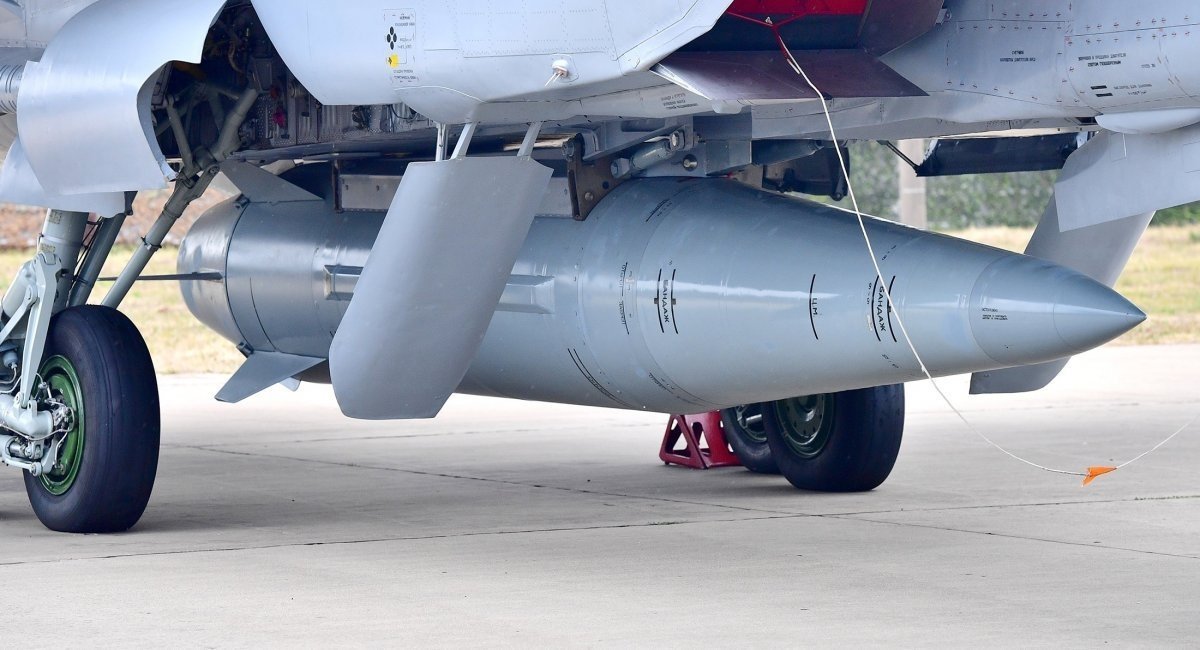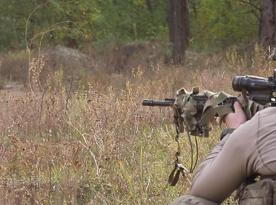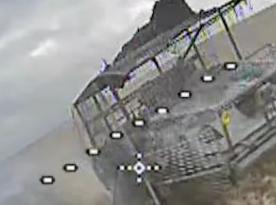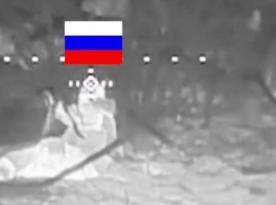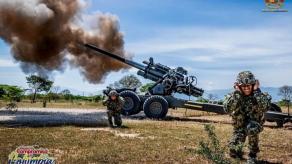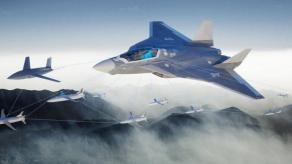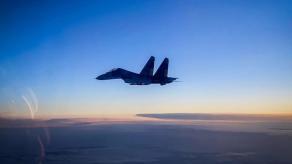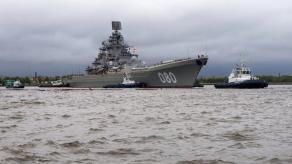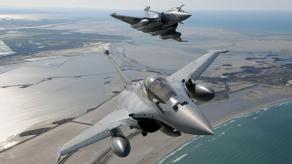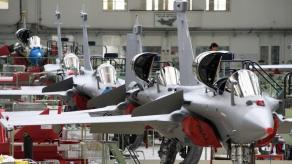Allies must make trade curbs more effective to restrict moscow's aggression.
That’s the main takeaway of an in-depth report by a U.S.-Ukrainian research team, which found that russian imports of “battlefield goods” sanctioned by the United States and its allies totaled nearly $9 billion from January to October of last year. This is only 10% less than before February 2022, according to Politico.
Read more: russia Ramps Up Drone Production, 1,400 Shahed Drones in Year Fuel Fears of Escalated Ukraine Attacks
"russia needs microchips, sensors and navigation systems to replenish stockpiles of weapons like its Kinzhal hypersonic missiles or reconnaissance and attack drones — including Iranian-made Shahed drones," stated in the report.
A joint study by the Yermak-McFaul International Working Group on russian Sanctions and the KSE Institute, a think tank of the Kyiv School of Economics, notes that russia's ability to produce missiles and drones increased in 2023.
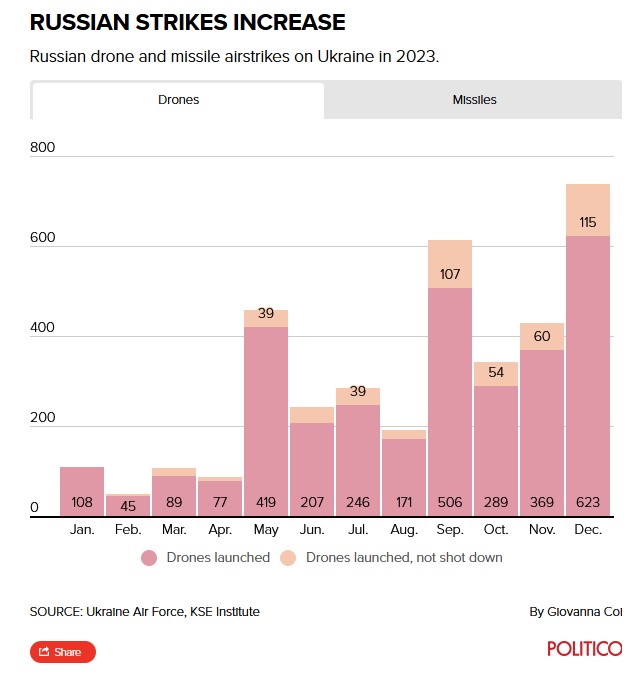
russia’s missile production capacity is estimated by Ukraine to have been 50 per month in 2022, doubling to 100 by mid-2023 and reaching 115 by the end of the year. However, if russia continues to unleash its arsenal at current rates, that still means it will deplete its stocks, the study’s authors conclude.
The agency notes, the analysis showing a gap between russia’s missile consumption and its ability to replace them from its own production comes after the White House said Moscow had used North Korean ballistic missiles in Ukraine and was seeking to obtain more from Iran.
According to Politico, Ukraine's partners have imposed sanctions on nearly 2,800 components that have been found in wreckage on the battlefield.
A detailed analysis of russian trade figures shows that in the first 10 months of last year, Western companies supplied 48% of such components, while China supplied 45%. Other leading conduits are Turkey and the United Arab Emirates.
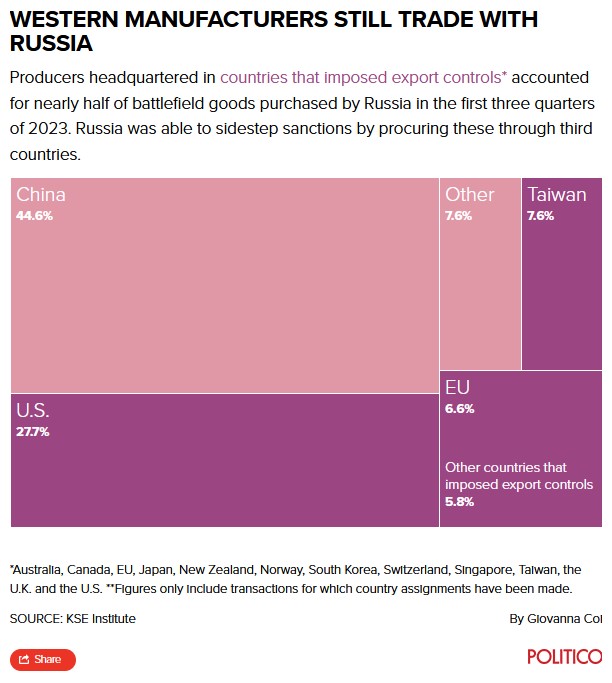
U.S. semiconductor giant Intel tops the list of the makers of battlefield goods obtained by Russia, followed by Huawei of China. Also in the top 10 are Analog Devices, AMD, Texas Instruments, IBM and Dell — all American companies.
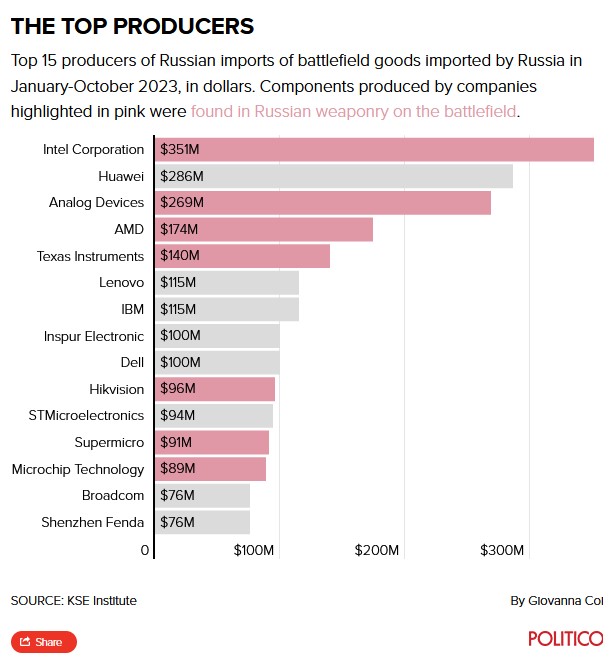
Read more: russia Plans to Equip the Kh-32 Cruise Missiles with Cluster Munitions



